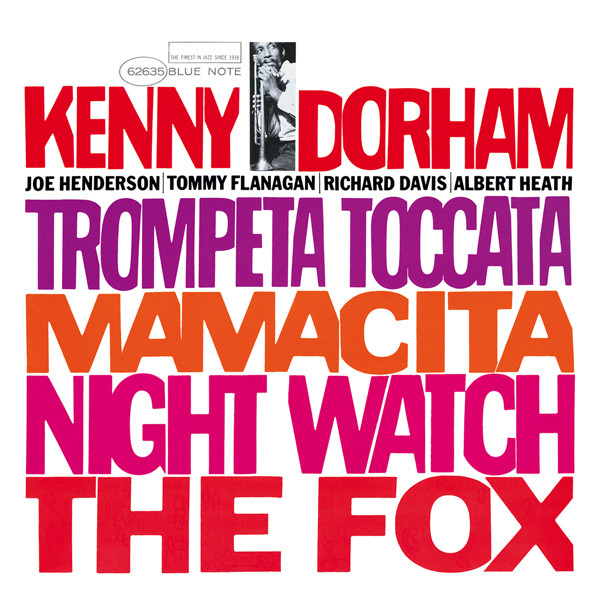
Kenny Dorham – Trompeta Toccata (1964/2014)
FLAC (tracks) 24 bit/192kHz | Time – 00:37:09 minutes | 1,41 GB | Genre: Jazz
Official Digital Download – Source: Qobuz | © Blue Note Records
Recorded at the Van Gelder Studio, Englewood Cliffs, New Jersey on September 4, 1964
It seems strange and somewhat tragic that this was trumpeter Kenny Dorham’s last full album as a leader for he was only 40 at the time and still in his prime. Dorham contributed three of the four selections to the session (Joe Henderson’s catchy “Mamacita” also receives its debut), and his very underrated abilities as a writer, trumpeter, and talent scout are very much in evidence. This modern hard bop quintet set with Henderson on tenor, pianist Tommy Flanagan, bassist Richard Davis, and drummer Albert “Tootie” Heath served as a strong (if premature) ending to Dorham’s impressive career as a solo artist. -Scott Yanow, AllMusic
Leave it to the least showy, most thoughtful of trumpet players to compose and perform a Trompeta Toccata (show piece) and make it work. Any new reissue of a Kenny Dorham date is welcome, guaranteed to be full of Dorham’s inventive twists and surprises as a soloist as well as composer. But as the very last recording session by Dorham as leader (it was recorded in 1964), this one merits special consideration.
The presence of the trumpeter’s favorite frontline companion at this time, tenor saxophonist Joe Henderson, will further enhance its value to some listeners. It’s hard to argue against Henderson’s main predecessor, Hank Mobley, as more compatible with Dorham’s deceptive facility and melodic logic, but the presence of Henderson seemed to push Dorham into more adventurous territory as both composer and player. Henderson’s Coltrane-inspired harmonics and overtones during his somewhat edgy, rough-hewn solos practically required an answer from Dorham in the form of more adventurous solo constructions and modal compositions.
The title piece is one-of-a-kind yet vintage Dorham, taking the music of the bull fight, toreador and matador, stripping it of all the gratuitous trappings, and distilling it to its dramatic and poignant flamenco essence. Besides the artistry of Dorham, the talents of both Henderson and bassist Richard Davis are also heard to full advantage (thankfully, Davis’ strong but lengthy solo stops just short of changing the character of this delicately balanced tone poem into a vehicle for bass).
In some respects, the piece is a highly concentrated, orchestrally spare version of the Miles Davis/Gil Evans recording of Rodrigo’s famous “Concierto De Aranjuez on the Sketches Of Spain album (Columbia, 1959), with Tommy Flanagan’s piano as the subtle, colorful counterpart of Evans’ image-rich, evocative orchestration. (Flanagan is one of the few pianists whose touch is so personal, so distinctive that not even Van Gelder can homogenize it.)
Trompeta Toccata offers a later, more idiosyncratic Dorham, sounding vulnerable and breathy one instant and dynamically brilliant and virtuosic the next. It’s when he moves to the upper register, without betraying a hint of strain or pushing, that his sound really opens up, “blossoming” into bright radiance and fullness. Then there’s that inimitable “growl” (sounding more like a cornered, frightened and ornery kitten) for added tonal variety and humor—possibly Dorham’s response to Henderson’s husky harmonics and percussive articulations.
The “growl” shows up not only in the Toccata but in the debut of “Blue Bossa,” from Henderson’s own debut session, Page One (Blue Note, 1963), as well as in the title tune of Dorham’s Una Mas, which again matches him with the textures of Henderson’s unshaven, masculine sound. But one of the tunes, “The Fox,” harkens back to the kind of challenging, rapidly changing chord sequence that only Dorham, with the possible exception of Mobley, could negotiate with such effortless facility and consummate command. It’s the one tune on both of the present sessions that captures the trumpeter at his lithe best, putting on the sort of harmonic clinic that characterizes his indispensable on-location Blakey session pairing him with Mobley (Jazz Messengers: At the Cafe Bohemia, Blue Note, 1955).
As the quintessential musician’s musician, never showing a need to play merely to “impress,” Dorham seemed intent on precluding others from judging his music by writing his own epitaph in the form of an extended orchestral work. Seeing it to completion remained his dream to the end, and somewhat sadly his album Whistle Stop concludes with a 69-second fragment of that dream, “Dorham’s Epitaph.
Even without the grand closure of a fully-realized requiem, Kenny Dorham remains a giant, belonging on any short list of trumpet immortals. In fact, once Louis Armstrong, Dizzy Gillespie and Clifford Brown have been accounted for, it can be difficult to move any further down the list without at least giving serious thought to the insertion of Kenny Dorham’s name. Given more familiar and influential trumpet styles, it can take a while for a new listener to “get” Dorham. Soon, however, it’s impossible to get enough of him. -Samuel Chell, All About Jazz
Tracklist:
1 Trompeta Toccata 12:22
2 Night Watch 5:44
3 Mamacita 11:03
4 The Fox 7:58
Personnel:
Kenny Dorham, trumpet
Tommy Flanagan, piano
Joe Henderson, tenor saxophone
Richard Davis, double bass
Albert Heath, drums
Download:
mqs.link_KennyDrhamTrmpetaTccata196419224.part1.rar
mqs.link_KennyDrhamTrmpetaTccata196419224.part2.rar

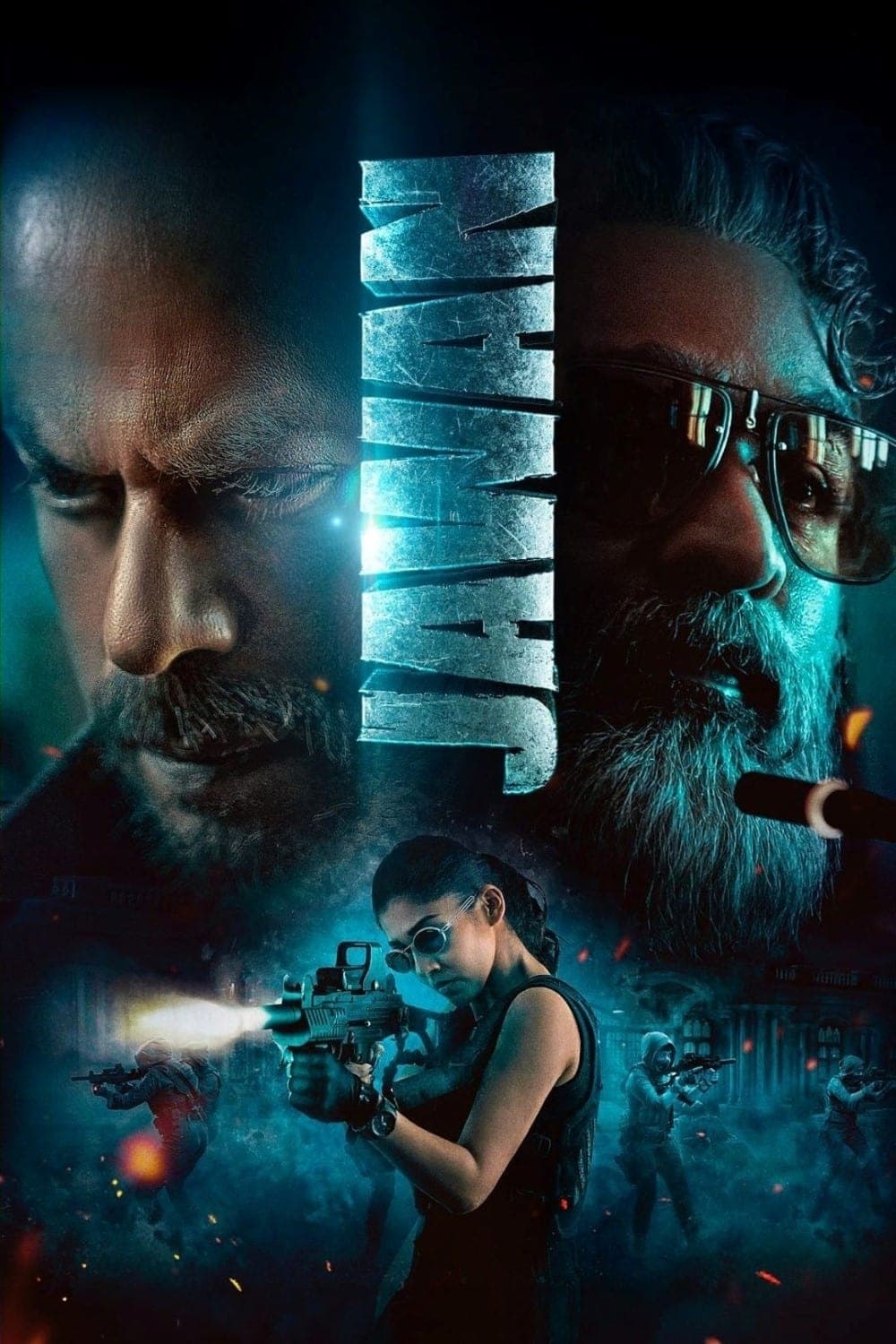
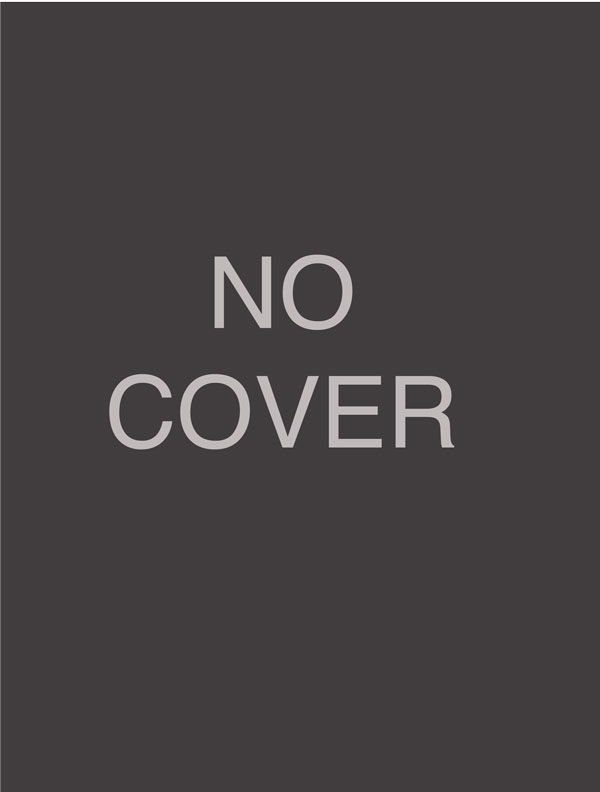
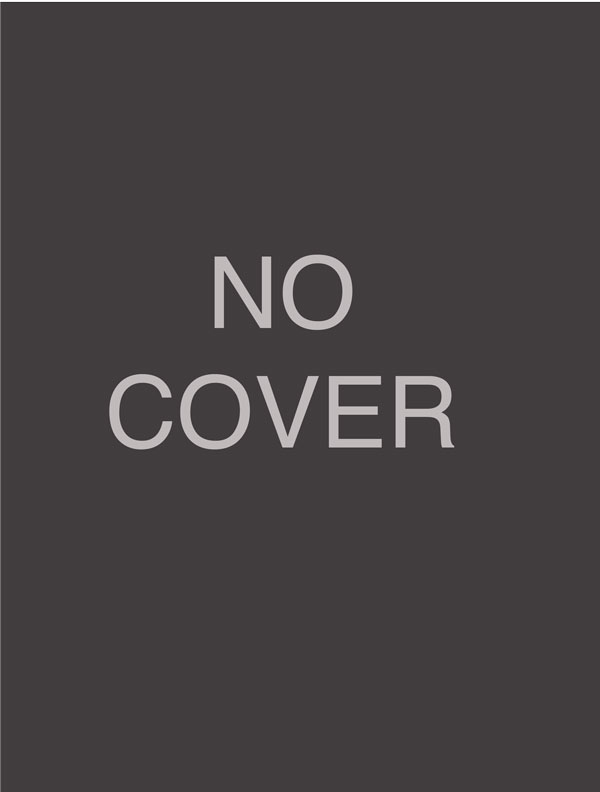
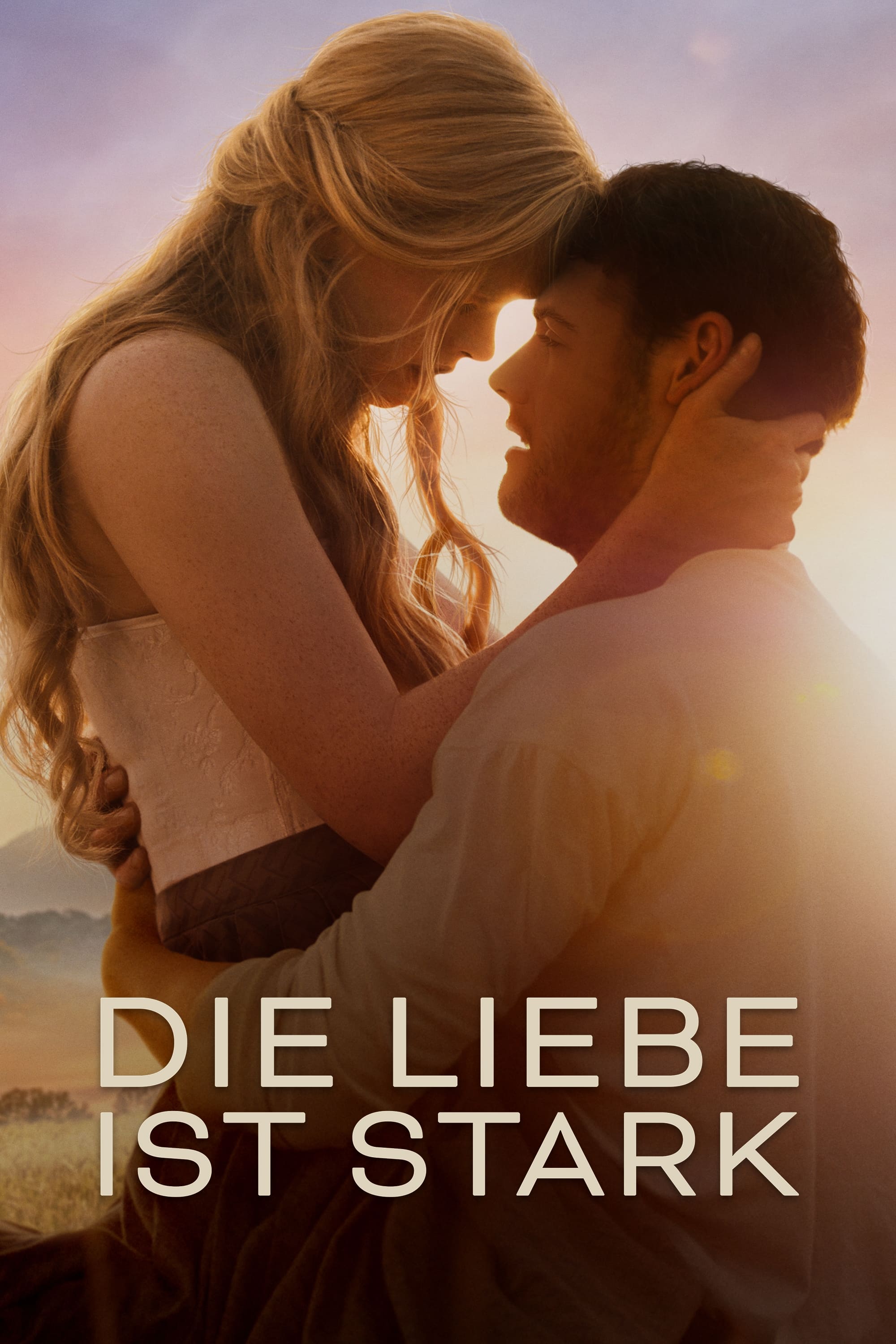
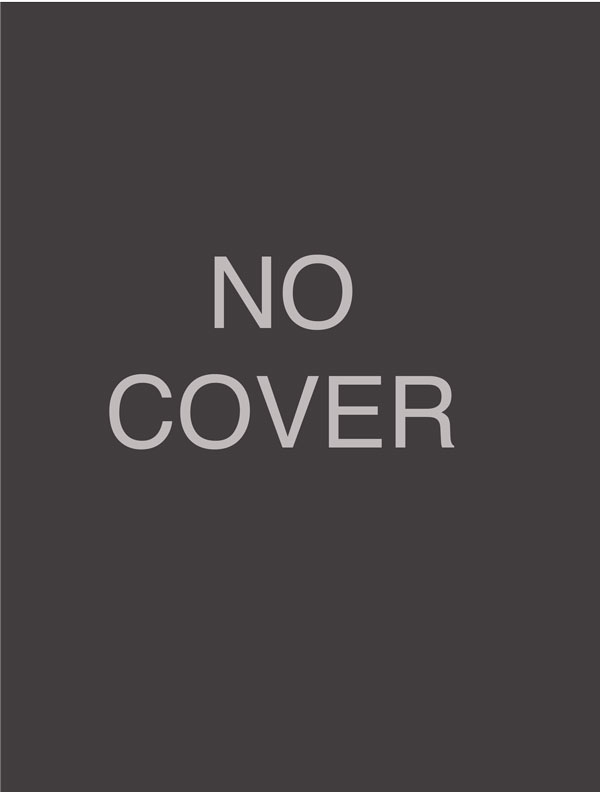
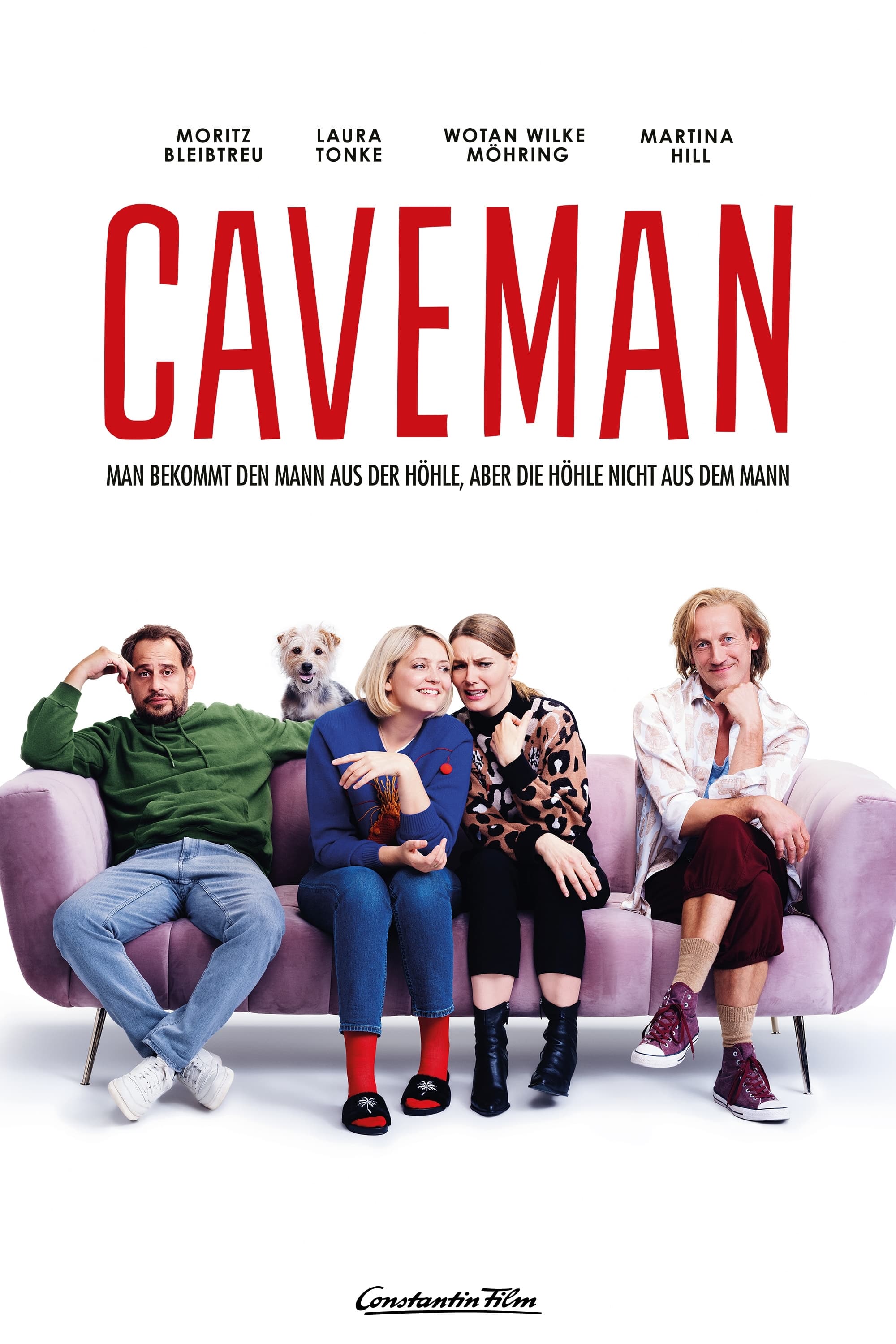
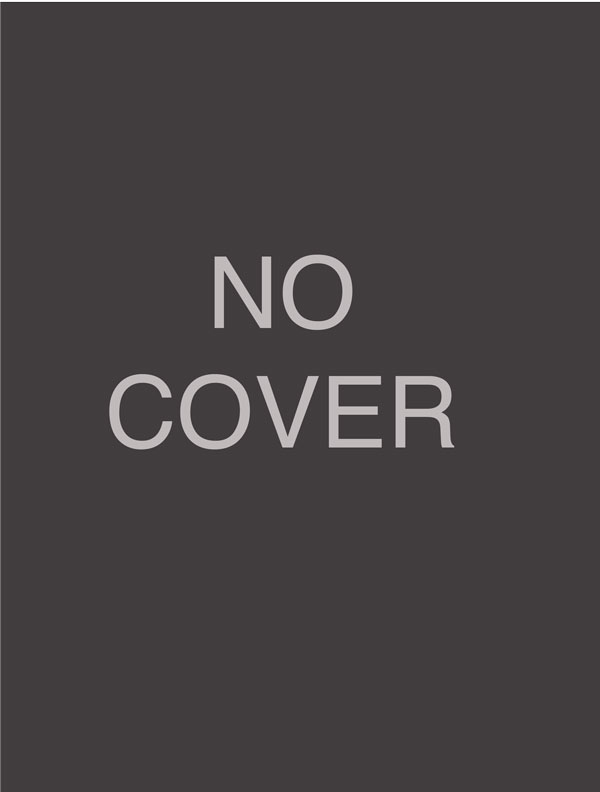
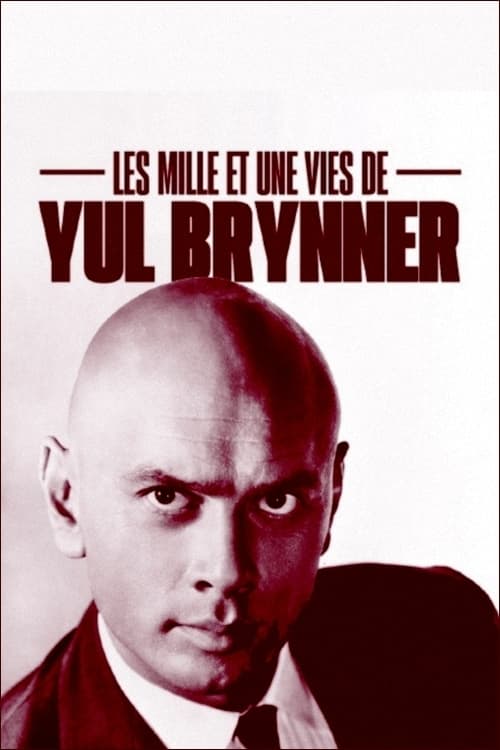
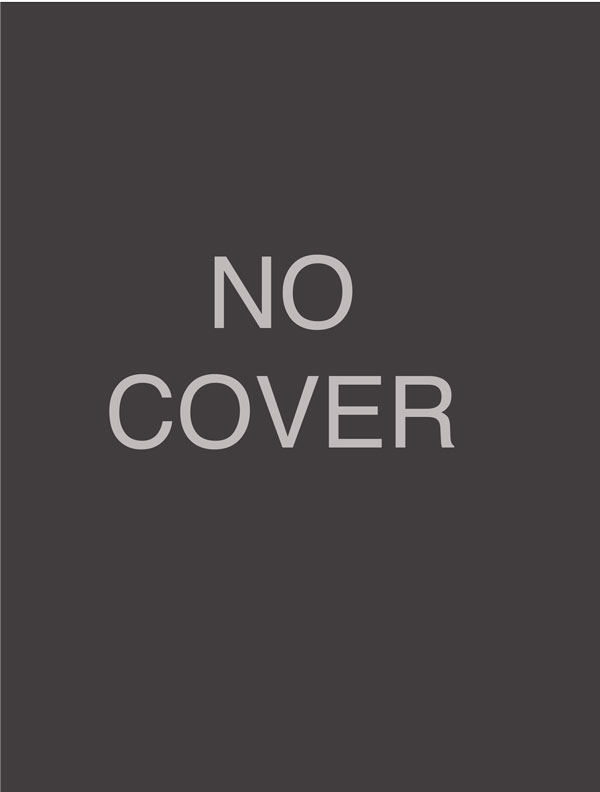
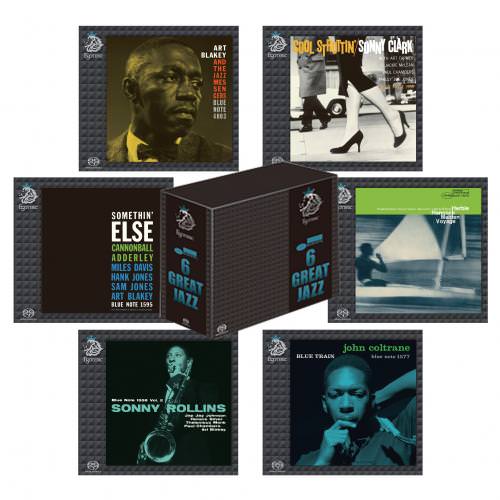
![Kenny Dorham - Quiet Kenny (1959/2014) [HDTracks FLAC 24bit/44,1kHz] Kenny Dorham - Quiet Kenny (1959/2014) [HDTracks FLAC 24bit/44,1kHz]](https://getimg.link/images/imgimgimg/uploads/2017/05/JMRivdt.jpg)
![Kenny Dorham - Quiet Kenny (1959/2021) [FLAC 24bit/192kHz] Kenny Dorham - Quiet Kenny (1959/2021) [FLAC 24bit/192kHz]](https://mqs.link/wp-content/uploads/2022/04/JedryY1.jpg)
![Kenny Dorham - Whistle Stop (1961/2014) [Qobuz FLAC 24bit/192kHz] Kenny Dorham - Whistle Stop (1961/2014) [Qobuz FLAC 24bit/192kHz]](https://getimg.link/images/imgimgimg/uploads/2017/07/uxCfCBF.jpg)
![Kenny Dorham - Una Mas (1963/2014) [Qobuz FLAC 24bit/192kHz] Kenny Dorham - Una Mas (1963/2014) [Qobuz FLAC 24bit/192kHz]](https://getimg.link/images/imgimgimg/uploads/2017/07/ByNpHvK.jpg)

![Joe Henderson - Page One (1963/2013) [HDTracks FLAC 24bit/192kHz] Joe Henderson - Page One (1963/2013) [HDTracks FLAC 24bit/192kHz]](https://getimg.link/images/imgimgimg/uploads/2017/02/51mO9e7P8UL.jpg)
![Sonny Rollins - Rollins Plays For Bird (Rudy Van Gelder Remaster) (1956/2014) [HDTracks FLAC 24bit/44,1kHz] Sonny Rollins - Rollins Plays For Bird (Rudy Van Gelder Remaster) (1956/2014) [HDTracks FLAC 24bit/44,1kHz]](https://getimg.link/images/imgimgimg/uploads/2017/03/LdrOpzb.jpg)
![Joe Henderson - Mirror, Mirror (1980/2016) [HighResAudio DSF DSD64/2.82MHz + FLAC 24bit/88,2kHz] Joe Henderson - Mirror, Mirror (1980/2016) [HighResAudio DSF DSD64/2.82MHz + FLAC 24bit/88,2kHz]](https://getimg.link/images/imgimgimg/uploads/2017/05/g139bfS.jpg)
![John Coltrane - Blue Train (1957/2015) [Blu-Ray Pure Audio Disc] John Coltrane - Blue Train (1957/2015) [Blu-Ray Pure Audio Disc]](https://getimg.link/images/imgimgimg/uploads/2016/06/jRY57nQ.jpg)
![Kenny Dorham - Inta Somethin' (High Definition Remaster 2023) (2023) [FLAC 24bit/44,1kHz] Kenny Dorham - Inta Somethin' (High Definition Remaster 2023) (2023) [FLAC 24bit/44,1kHz]](https://imghd.xyz/images/2023/05/27/009d93a6.jpg)
![Kenny Dorham - The Complete ‘Round About Midnight At The Cafe Bohemia (1956/2014) [AcousticSounds FLAC 24bit/192kHz] Kenny Dorham - The Complete ‘Round About Midnight At The Cafe Bohemia (1956/2014) [AcousticSounds FLAC 24bit/192kHz]](https://getimg.link/images/imgimgimg/uploads/2017/07/BqSzucp.jpg)
![Kenny Dorham - Una Mas, One More Time (1963/2016) [Qobuz FLAC 24bit/44,1kHz] Kenny Dorham - Una Mas, One More Time (1963/2016) [Qobuz FLAC 24bit/44,1kHz]](https://getimg.link/images/imgimgimg/uploads/2017/07/w48uezM.jpg)
![Jack McDuff - The Honeydripper (1961/2014) [HDTracks FLAC 24bit/44,1kHz] Jack McDuff - The Honeydripper (1961/2014) [HDTracks FLAC 24bit/44,1kHz]](https://getimg.link/images/imgimgimg/uploads/2017/05/CmCo8bz.jpg)
![Allan Holdsworth - The Man Who Changed Guitar Forever (2017) [Qobuz FLAC 24bit/96kHz] Allan Holdsworth - The Man Who Changed Guitar Forever (2017) [Qobuz FLAC 24bit/96kHz]](https://getimg.link/images/imgimgimg/uploads/2018/05/w9aTD0E.jpg)